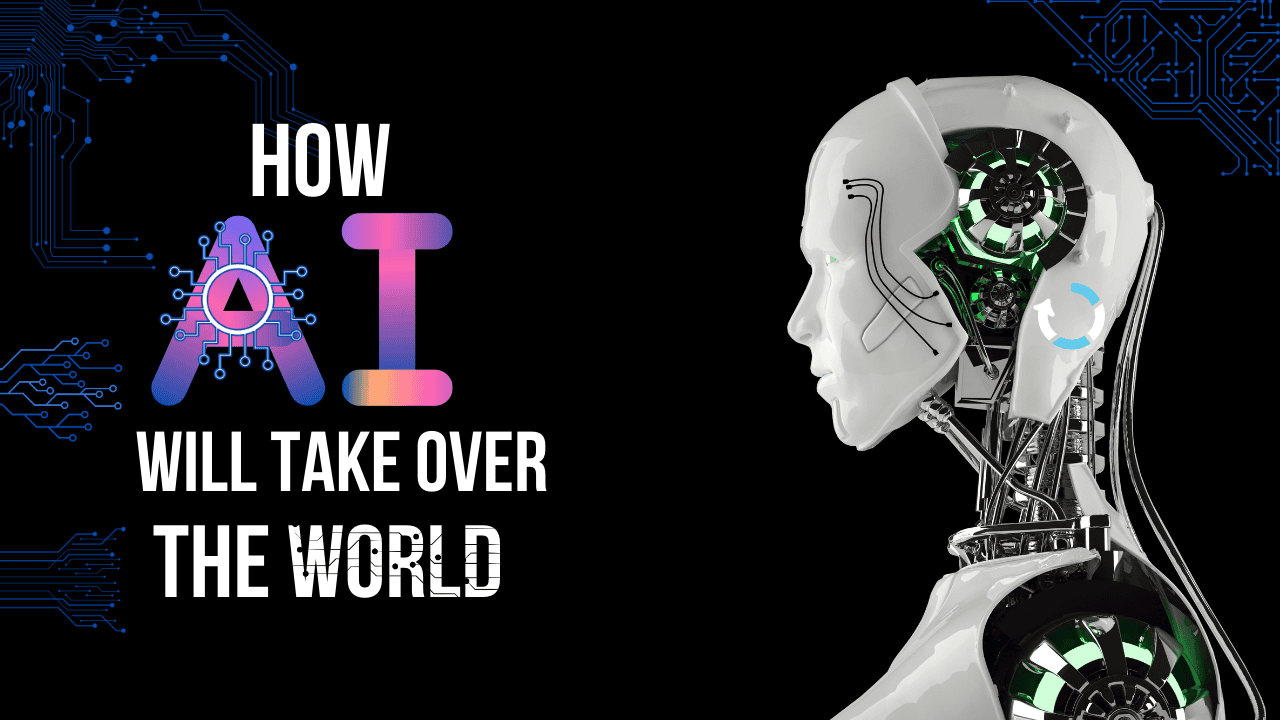In an era marked by rapid technological advancements, a silent revolution is unfolding that is poised to transform every facet of our lives. This revolution is none other than the rise of Artificial Intelligence (AI), and its impact is more profound than most of us realize.
As recently as 2017, only 17% of senior business leaders in the United States were familiar with AI. Fast forward to today, and AI is at the forefront of technological innovation, challenging conventional norms and redefining industries. But what exactly is AI, and how is it altering the very fabric of our existence?
Understanding Artificial Intelligence
At its core, AI refers to the capability of machines to make decisions, often relying on real-time data, while operating intelligently, intentionally, and adaptively. It’s the promise of machines thinking like humans, only faster, more accurately, and tirelessly.
AI has transcended the realm of science fiction, and its implications are far-reaching, raising fundamental questions about society, the economy, governance, and ethics.
AI’s Reach: A Transformational Force
From the financial sector to healthcare, national security to criminal justice, and transportation to the emergence of smart cities, AI is permeating every sector of our lives.
AI in Finance
In the financial world, AI is revolutionizing decision-making processes. Loan approvals, for instance, are no longer solely reliant on credit scores but on sophisticated software that analyzes a borrower’s data comprehensively. Robo-advisers are crafting personalized investment portfolios within minutes, eliminating the emotional element from investing.
The stock exchange landscape has evolved, driven by high-frequency trading algorithms that execute buy and sell orders in mere milliseconds. AI’s ability to identify market inefficiencies and respond in real-time has revolutionized trading.
AI in National Security
AI’s role in national security is equally transformative. Projects like Maven utilize AI to analyze vast volumes of surveillance data, enhancing defense capabilities. This newfound agility in intelligence analysis, command, and control has ushered in an era known as “hyperwar.”
Additionally, AI plays a pivotal role in cybersecurity, guarding against evolving threats. Countries like China and Russia are investing heavily in AI for national security, posing new challenges on the global stage.
AI in Healthcare
In healthcare, AI tools are elevating the sector’s computational capabilities. Deep learning algorithms, for example, can detect diseases, such as cancerous lymph nodes, more efficiently than human counterparts, reducing costs and improving patient outcomes.
Furthermore, AI’s predictive capabilities enable proactive healthcare interventions, ultimately reducing hospitalizations and the burden on healthcare systems.
AI in Criminal Justice
AI’s footprint extends to the criminal justice system, where it aids law enforcement in predicting crimes and determining sentencing. AI-driven models offer the potential to reduce crime rates without necessitating higher incarceration rates. However, concerns loom regarding issues of bias and civil liberties.
On a global scale, nations like China employ AI in law enforcement, utilizing facial recognition and data analysis for security and surveillance.
AI in Transportation
The transportation industry is undergoing a seismic shift, with over $80 billion invested in autonomous vehicle technology. AI powers self-driving cars, optimizing navigation, driving, and safety. Companies like Uber are exploring autonomous vehicles, albeit amid safety concerns.
AI in Smart Cities
Metropolitan areas worldwide are embracing AI to become smart cities. Data analytics are optimizing services such as emergency responses, energy management, and traffic control. In the United States, cities are investing in smart technologies to enhance urban living and sustainability.
Challenges and Ethical Considerations
While the potential of AI is immense, we must also navigate challenges. Issues of bias in AI algorithms, data privacy, and the displacement of jobs by automation are pressing concerns that require thoughtful solutions.
Conclusion: Navigating the AI Frontier
As the AI revolution unfolds, it’s evident that we are only at the beginning of a profound transformation. Alongside the immense benefits, we must address critical challenges, including ethical considerations and biases, to ensure AI serves the greater good.
In this rapidly evolving landscape, one thing is clear: Artificial Intelligence is reshaping our world in ways we never imagined possible.




